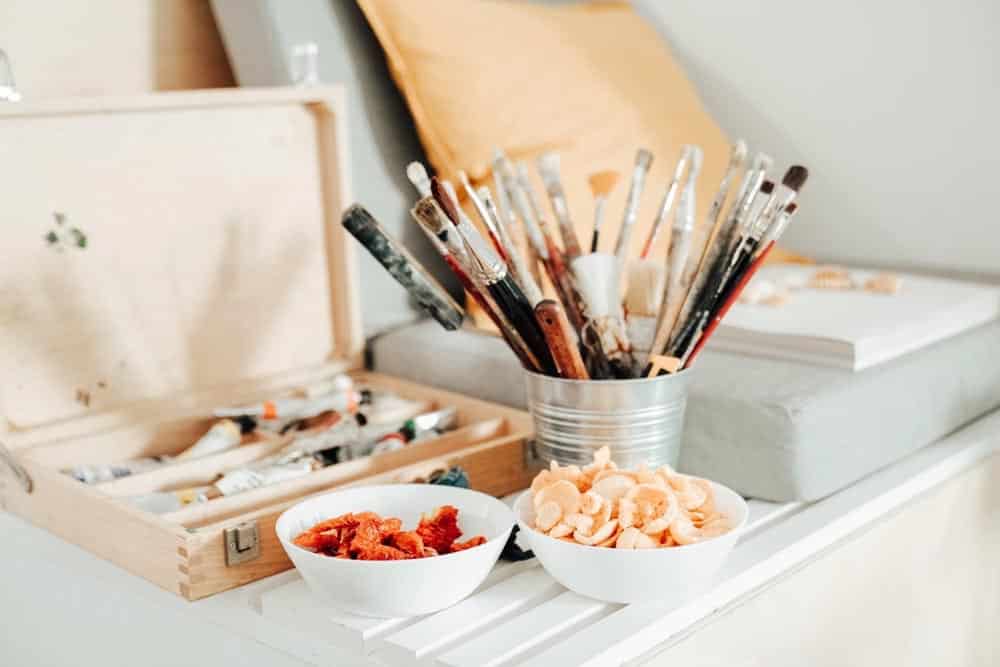On leaving rehab, the recovering addict needs a plan to ensure they don’t just end up in the throes of addiction once more. Relapse is an ever-present danger for the recovering addict and if not properly equipped, the former addict can easily become the current addict all over again.
Before you walk through the doors of rehab to re-enter the workaday world, you need to ensure you have the tools for relapse prevention and a list of practical strategies for sustained sobriety.
Despite what each recovering addict might hope and wish for, the recovery process is just that, a process. It’s not like flipping a switch off and cutting off all cravings and addiction like that. It’s a gradual return to normalcy requiring constant vigilance against a return to substance abuse.
To maintain that vigilance, however, the recovering addict needs the right tools to stave off cravings and relapse. These aren’t literal tools you can keep in a beat-up toolbox in the garage or in a sweat-stained toolbelt hanging by the back door. Rather, they are mental attitudes and strategies to keep in mind and deploy when necessary to ensure recovery goes smoothly, cravings are defeated and relapse held off indefinitely.
First, the recovering addict needs to learn to recognize triggers that may bring out recurring cravings and therefore discover how to avoid or hold off such triggers. Certain locations or places may be a trigger; certain smells or foods; even certain people you know may need to be avoided or dropped because they encourage the addict to return to substance abuse.
Learn who you can ask for help. Friends and family can be there for you in the case of mental strain. You may have a sponsor or mentor through an addiction support group who you can call when cravings grow strong and you need someone to talk you off the edge of relapse. Therapists, doctors and other professionals can be consulted, but they don’t have to have a job doing this. Anyone who can lend an ear and a supportive attitude can help fill this role in a pinch.

Self-care is vital. Poor health will actively work against your recovery. Work on your diet to eat the right foods to ensure you’re getting the healthy nutrients you need. Make sure you get enough sleep, as fatigue can hurt your health and leave you more susceptible to cravings and relapse. Taking care of yourself is an absolutely paramount tool in the battle against substance abuse and addiction.
Hobbies and other activities can be an excellent tool in the ongoing fight. Anything you do to keep yourself occupied and mentally engaged is an excellent strategy. It doesn’t have to be terribly productive. Listening to music as a distraction can work. Taking a leisurely walk is great. Prayer or meditation are good tools. But you can also take up hobbies like knitting or woodworking to give yourself something to do to stave off relapse.
Good Landing Recovery can help equip you with the right tools to battle addiction and relapse by teaching you practical strategies for sustained sobriety. Give them a call today.

